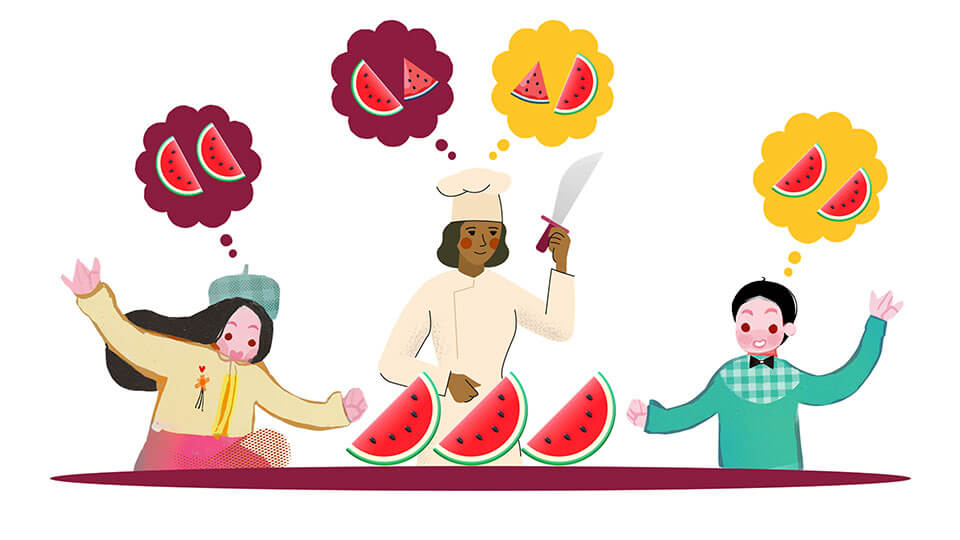Moral character
Practices | Utilize moral and ethical decision making

Use a values-informed reflective process to assess possibilities, navigate dilemmas, and make the best possible choice to serve the needs of the individual, team, community and learning environment.
1. Highlights
Educators make many decisions on a daily basis that can affect the lives of students, their parents and our colleagues. Some decisions may be small and seem insignificant, while others are true dilemmas. Even in urgent situations, it’s essential to consider the moral and ethical implications of our decisions and address conflicting values in a way that is inclusive and authentic.
Pause to consider the full range of moral and ethical implications of our decisions
Connect decisions back to the shared values articulated in our community
Reflect on decisions afterwards and be aware of unintended consequences
When we talk about decisions as being “moral,” we refer to our own guiding values which define our beliefs about good and just behavior. When we talk about “ethics,” we talk about how we as a society believe that morals should be applied in different situations. Both of these are important in creating effective Principled Innovations.
Thinking about whether our practices are moral is important because it helps us to go well beyond whether or not something is simply required by law. Indeed, throughout human history, law has at times sided with injustice. And while codes of ethics are helpful, changing environments often outpace the development of ethical codes, and educators must be prepared to anticipate and resolve moral dilemmas that are not addressed within existing ethics rules. This is why individual educators and their learning communities need to start by taking time to understand what is important to each person in that community.
Building on the foundation of understanding a community’s values, Practice M2 calls for practical wisdom in decision-making that draws from a wide range of character assets. The framework emphasizes the need to engage empathy and inclusive perspective-taking in understanding how decisions will impact others. It emphasizes the importance of fairness — of determining what is equitable and just for all members of the community. It emphasizes engaging our critical thinking, reflection and truth-seeking to evaluate quality evidence and make sure we have the right information to make our decisions, and an honesty and humility to admit when we’ve been wrong. And it emphasizes the importance of seeking creative solutions by working inclusively across multiple perspectives. Finally, making decisions often demands courage and resilience, particularly when the solutions address problems our learning communities have yet to acknowledge.


2. Context

Navigating moral dilemmas
Tool
60 minutes
By: Principled Innovation® (PI)
Ethics centre playlist, part 1: what’s a value or principle you live by?
Video
1 minutes
By: Ethics Centre
Integrating ethics: “ethical judgment”
Video
6 minutes
By: University of Texas at El Paso
Ethics and morality
Article
5 minutes
By: Psychology Today
Access our collection of +200 learning materials
PI toolkit library4. Connect the dots
How could this practice be enacted through the Moral assets?

Fairness
A well-developed understanding of fairness underlies the equitable vision that inspires social innovation. Fairness makes us aware of outstanding societal challenges and helps us understand how equitably our innovations address those challenges.

Honesty
Moral and ethical decision making is strengthened when built upon an honest exchange of individual beliefs and values. A foundation of trust and honesty leads communities into a greater confidence in the decisions that are made and a greater openness toward innovation.

Humility
A readiness to better understand our own moral and ethical shortsightedness prepares us to more accurately anticipate the potential ethical implications of our actions.

Empathy
Ethical decision making requires empathetic insight into others’ experiences and both a well-reasoned and felt understanding of how social change may adversely affect others in the community.
